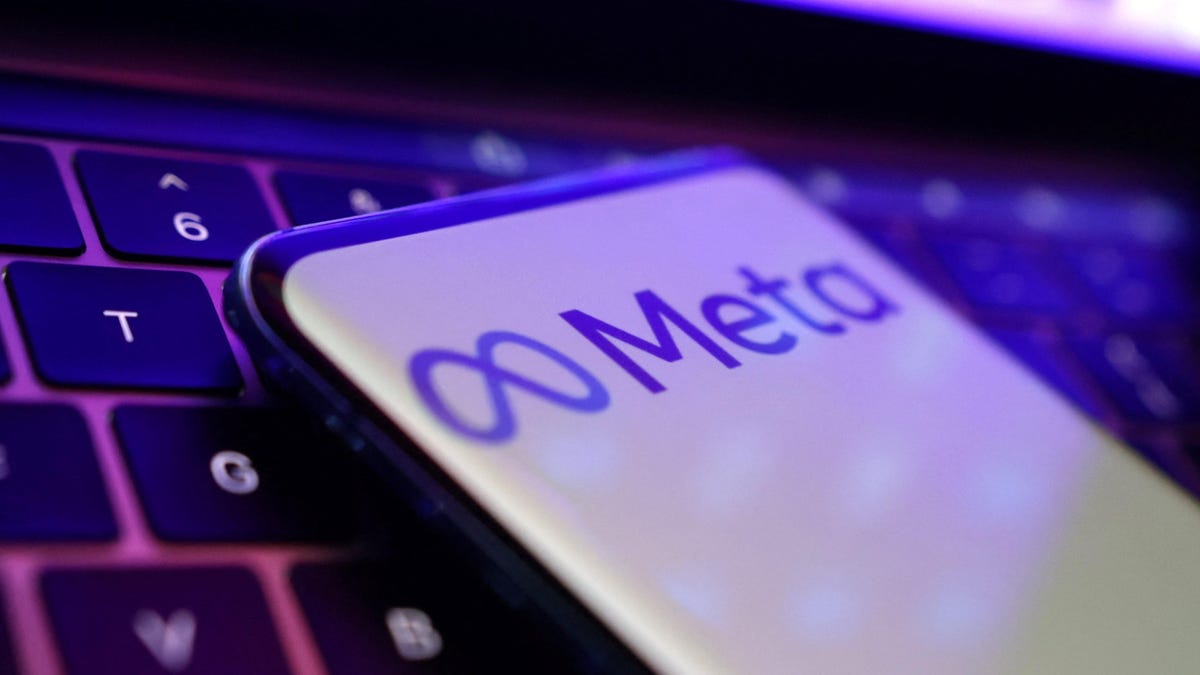
Meta’s oversight board does not agree with the company’s decision to take down two videos pertaining to the Israel-Hamas war—one of hostages kidnapped from Israel by Hamas, and one showing the aftermath of the bombing of Gaza’s Al-Shifa hospital by the Israel Defense Forces.
On Dec. 7, the board opened an expedited review of the two videos after Meta removed the posts for “violating both its violence and incitement and its dangerous organizations and individuals rules” but soon after reinstated them. These marked the board’s first emergency cases.
On Dec. 19, the board said it disagreed with Meta’s initial decision, finding that “restoring the content to the platform, with a ‘mark as disturbing’ warning screen, is consistent with Meta’s content policies, values and human-rights responsibilities” in both cases.
Meta’s crisis response to the attack by Hamas—deemed a terrorist organization in the US and elsewhere—was to lower the “removal threshold” for violent and graphic content, including taking down videos in which hostages were identifiable. The policy tweak is a problem, but its impersonal implementation is a bigger one, the oversight board argued.
Board members say AI is to blame
Khaled Mansour, a writer and human rights activist who has been on the Oversight Board since May 2022, said artificial intelligence (AI) tools are to blame for the misjudgment since both the initial removal decision and the rejection of the user’s appeal were taken automatically based on a classifier score, without any human review.
The Oversight Board said “insufficient human oversight of automated moderation during crisis response can lead to the incorrect removal of speech that may be of significant public interest,” according to a post by Mansour on X.
Hamas features in the list of what Meta calls “dangerous organizations and individuals” alongside the likes of ISIS, the Ku Klux Klan, and Hitler. However, the automated filter isn’t great at distinguishing posts discussing or even condemning Hamas from posts supporting it. Meanwhile, Instagram’s translator tool was inserting the word “terrorist” in the translation of bios and captions that featured the word “Palestinian,” the Palestinian flag emoji, or the Arabic term for “praise be to god,” 404 Media reported in October. Palestinian activists concerned about Instagram’s algorithm shadow-banning their posts invented an algospeak term for Palestinians—P*les+in1ans—to get around the automated censorship.
The topic has exposed biases in the past. Following the 2021 conflict between Israel and Palestine, a human rights due diligence report requested by the Oversight Board found “Arabic content had greater over-enforcement,” suggesting it was more likely to be taken down by Meta’s automated content moderation systems.
Quotable: Meta needs to be better prepared to moderate content in conflict
“We’re seeing videos and photos, sometimes just from bystanders or journalists, being removed and it’s not clear why. We’re really advocating for more context-specific content moderation… [W]e have seen enough crises in the past decade to get some sense of some patterns and what kind of tools should be in place.”
—Marwa Fatafta, MENA policy and advocacy director at digital rights advocacy nonprofit Access Now
Israel-Hamas war content on Meta, by the digits
12: Days the Oversight Board took to deliver a verdict on the two Israel-Hamas war-related posts. It’s expected to issue expedited responses within 30 days.
500%: Uptick in antisemitism and islamophobia within 48 hours of the Oct. 7 Hamas attack that breached the war, according to the Global Project Against Hate and Extremism
795,000: Pieces of content Meta removed or marked as disturbing in three days following Oct. 7 for violating policies like Dangerous Organizations and Individuals, Violent and Graphic Content, Hate Speech, Violence and Incitement, Bullying and Harassment, and Coordinating Harm in Hebrew and Arabic





